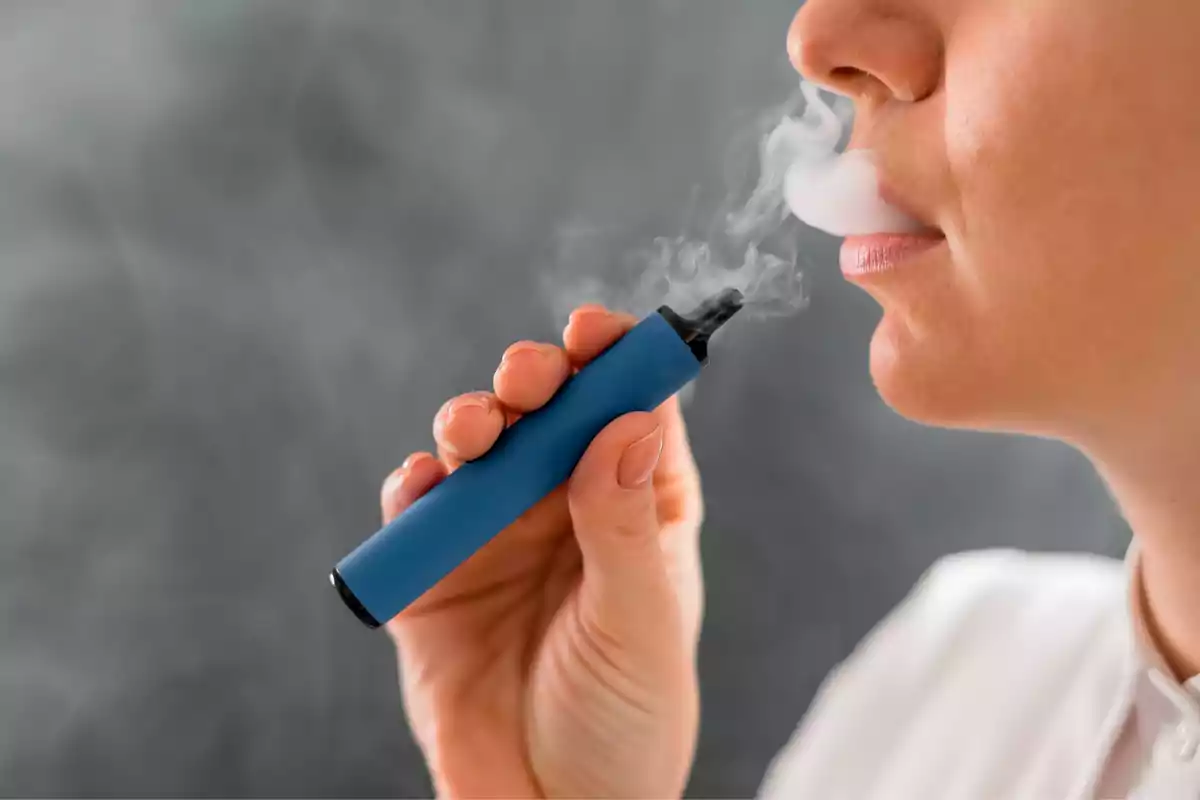
How Vaping Will Change with the New Law
The Government of Spain has proposed new regulations that tighten the rules on vaping
In recent years, electronic cigarettes and vaping products have evolved from being a novel alternative to becoming a mass consumption trend globally. Their popularity has grown especially among younger people, attracting both former smokers and new users who see them as a more accessible option. In some cases, less harmful than traditional tobacco. However, their rise has also caused increased concerns about their long-term health effects and the environmental impact of using these devices.
This could lead some consumers to seek more economical alternatives. In this context, the Aromas Longfill emerges as a viable solution for those looking to keep quality without the price skyrocketing.
Meanwhile, the Spanish Government has decided to take action and has proposed new regulations that tighten the rules on these products. Following the example of other countries and aligning with previous restrictions imposed on conventional tobacco, this law seeks to control their commercialization and reduce their consumption. It does so by establishing stricter limits on their advertising, distribution, and use in public spaces. We already told you how the new medication to quit smoking, funded by the Ministry of Health, works, and now we update you on this new law.
The End of Flavors and Minimalist Packaging
This new measure, included in the draft royal decree 1055/2022 of the Ministry of Health, seeks to limit the accessibility and appeal of these devices, especially among younger people.
One of the key points of this reform is the prohibition of fruity, sweet, or exotic flavors in vaping liquids. The regulation establishes that only tobacco flavor will be allowed, with the aim of preventing vaping from becoming a gateway to nicotine consumption among teenagers and young people.
Alongside this, generic packaging is introduced for electronic cigarettes and nicotine-related products. Following the same strategy applied to traditional tobacco, brands will lose distinctive visual elements, opting for neutral designs that reduce their appeal.
If until now nicotine-free electronic cigarettes navigated a sort of legal limbo, this regulation also puts them in the spotlight. Mandatory labeling with health warnings, detailed information on ingredients, and an informational leaflet on safe use and storage will be established. Additionally, stricter regulations have been included for emerging products like nicotine pouches and heated tobacco, which until now did not have clear regulations.
To reinforce these measures, the Ministry of Health has promoted this draft royal decree within the Comprehensive Plan for the Prevention and Control of Tobacco Use 2024-2027, with the aim of tightening the regulation of nicotine and vaping-related products. According to official government information, this regulation seeks to prevent the initiation of consumption among young people. Also reduce the appeal of these products through generic packaging, the prohibition of certain flavors, and labeling with health warnings.
This legislative project follows the line of Law 7/2022, of April 8, on waste and contaminated soils for a circular economy, which already established regulations on tobacco product waste with filters and their environmental impact. With this new regulation, it is expected that vaping could also be subject to future restrictions in waste management. Especially concerning disposable cartridges and electronic devices.
This is not the only industry seeing its rules of the game change. In recent years, similar regulations have impacted sectors such as food and cosmetics, with new regulations on labeling, ingredients, and advertising. From the restriction of certain chemicals in beauty products to the adoption of the Nutri-Score in supermarkets, global trends point toward more conscious and regulated consumption. In this sense, we have informed you several times that Health orders the withdrawal of some cosmetic due to the presence of a bacterium, for example.
Environmental impact has also become a key factor in these regulations. Following the line of Law 7/2022, the future of vaping could include additional regulations on the management of electronic and plastic waste caused by these devices, promoting more sustainable alternatives.
More posts: